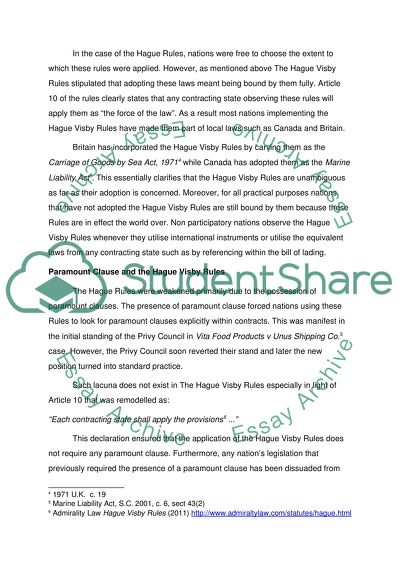Cite this document
(“International Logestic & Management (LAW) Essay”, n.d.)
Retrieved from https://studentshare.org/literature/1429465-international-logestic-management-law
Retrieved from https://studentshare.org/literature/1429465-international-logestic-management-law
(International Logestic & Management (LAW) Essay)
https://studentshare.org/literature/1429465-international-logestic-management-law.
https://studentshare.org/literature/1429465-international-logestic-management-law.
“International Logestic & Management (LAW) Essay”, n.d. https://studentshare.org/literature/1429465-international-logestic-management-law.


